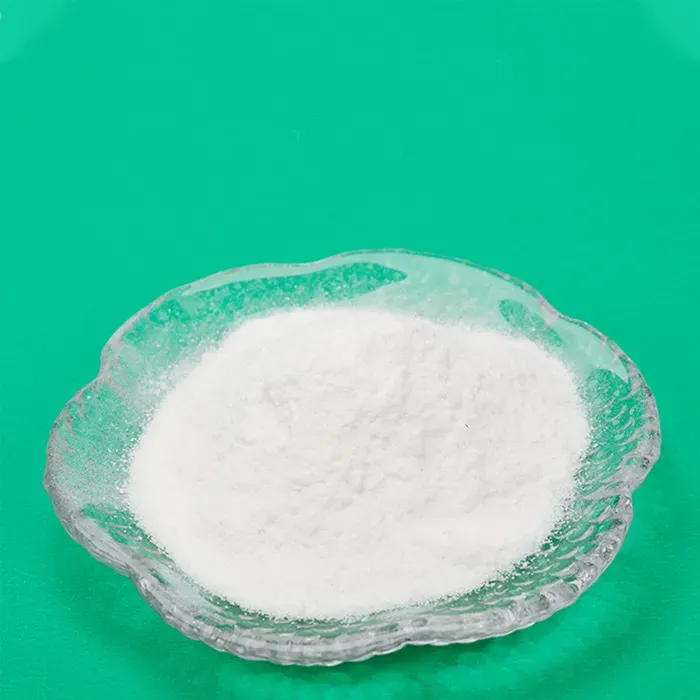Ammonium Thiocyanate Properties, Applications, and Safety
Ammonium thiocyanate (NH4SCN) is a white, crystalline salt that plays a crucial role in various chemical processes and industrial applications. This compound has garnered attention in a range of fields including analytical chemistry, pharmaceuticals, and food preservation. Understanding its properties, applications, and safety measures associated with ammonium thiocyanate is essential for both industrial users and researchers.
Properties of Ammonium Thiocyanate
Ammonium thiocyanate is composed of ammonium cations (NH4+) and thiocyanate anions (SCN-). It is highly soluble in water, and its aqueous solution has a faint bitter taste and a characteristic odor. The molecular weight of ammonium thiocyanate is approximately 76.12 g/mol, and it has a melting point of about 150°C. When heated, it decomposes into ammonia, hydrogen sulfide, and carbon, presenting unique behaviors in different temperature conditions.
One of the distinctive properties of ammonium thiocyanate is its endothermic dissolution process, meaning it absorbs heat when dissolved in water. This property makes it valuable in specific cooling applications, leading to the phenomenon known as endothermic processes that can be utilized in instant cold packs and laboratory cooling mixtures.
Applications of Ammonium Thiocyanate
1. Analytical Chemistry Ammonium thiocyanate serves as a reagent in various chemical analyses. It is particularly useful for the detection of certain metal ions, where it forms colored complexes. For instance, it can be used to detect iron ions (Fe3+) by forming a reddish-brown complex, which is a fundamental procedure in quantitative analysis in laboratories.
2. Pharmaceuticals In the pharmaceutical industry, ammonium thiocyanate is utilized for its antithyroid properties. It is used in the treatment of hyperthyroidism as it inhibits the synthesis of thyroid hormones. Additionally, it is explored as a stabilizing agent in some drug formulations, aiding in prolonging the shelf life of certain medications.
ammonium thiocyanate

3. Agriculture In agricultural practices, ammonium thiocyanate's role is primarily seen in soil amendment and pest control. It is used to enhance the availability of certain nutrients in the soil and can also act as a biocide, helping to manage pests and undesirable organisms that can be detrimental to crops.
4. Food Preservation Ammonium thiocyanate can also be found in food preservation practices. Its antimicrobial characteristics allow it to inhibit the growth of bacteria and fungi, extending the shelf life of perishable goods. However, the use in food applications must adhere to strict safety regulations to ensure consumer health.
5. Industrial Applications Ammonium thiocyanate is involved in various industrial applications, such as in the production of plastics and fertilizers. Its role as a nitrogen source in fertilizers helps enhance plant growth, while in the plastics industry, it can be a crucial component in certain polymer synthesis processes.
Safety Considerations
Although ammonium thiocyanate is relatively safe when used correctly, there are several safety considerations to keep in mind. It is important to handle the compound in a well-ventilated area to avoid inhaling any dust or fumes that may be generated. Contact with skin or eyes should be avoided, as it may cause irritation. Safety goggles and appropriate gloves should be worn when handling this chemical.
Ingestion of ammonium thiocyanate can lead to serious health consequences, including gastrointestinal distress, respiratory issues, and neurological effects. Hence, proper storage and labeling of ammonium thiocyanate are vital to prevent accidental exposure.
Conclusion
Ammonium thiocyanate is a versatile compound with significant applications across various fields. Its properties, particularly its endothermic dissolution, make it valuable in scientific and industrial processes. As research continues to unveil new applications, it is essential for users to adhere to safety measures when handling this compound. With its critical roles in analytical chemistry, pharmaceuticals, agriculture, and beyond, ammonium thiocyanate continues to be an important substance in the scientific community.

